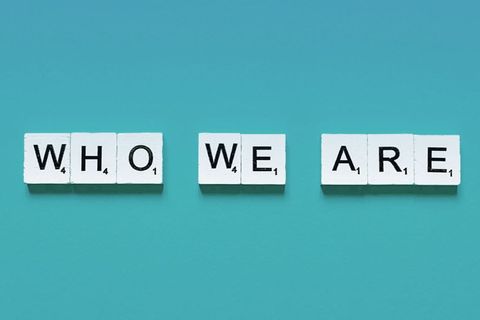Alcohol-Free January
The Importance of Forgiveness In Recovery – How I Stopped Allowing a Childhood Bully to Affect My Life
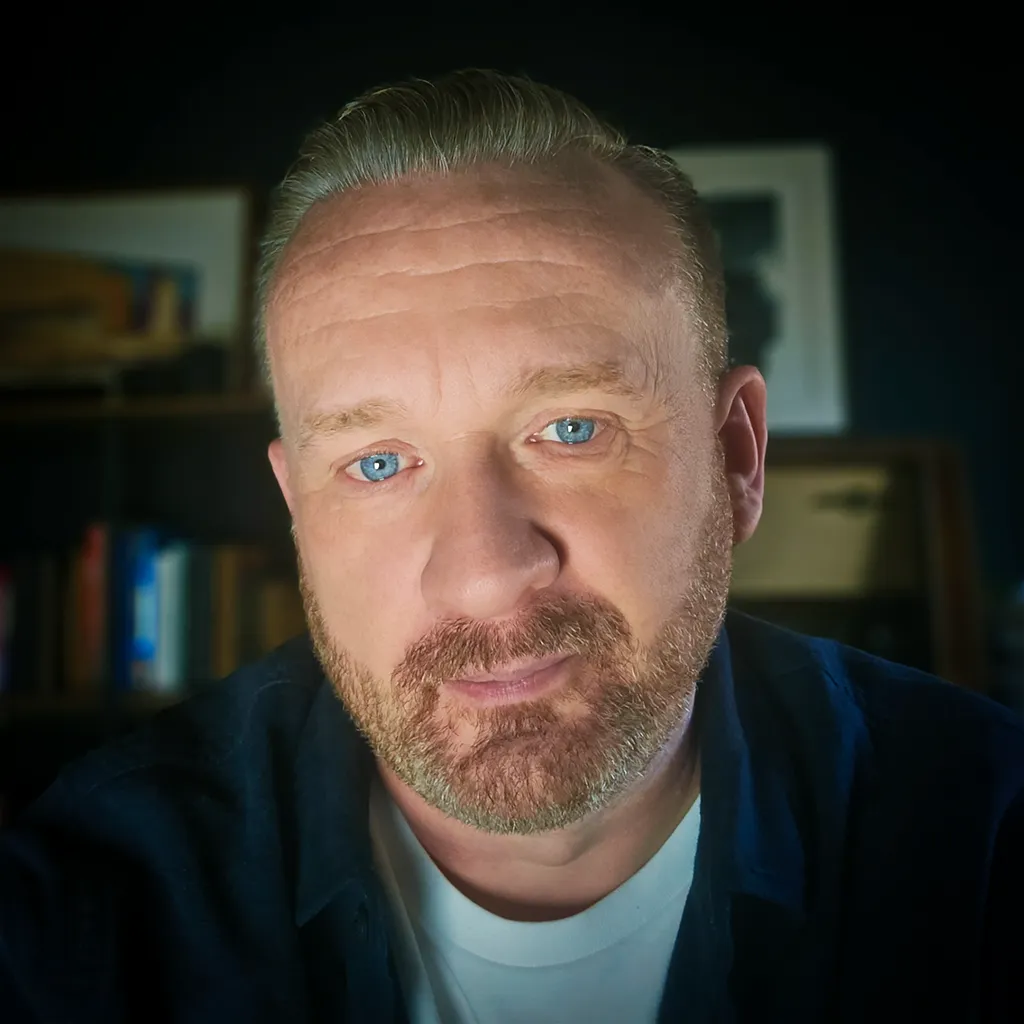
by John Risby
Published: January 11, 2023 Last updated: November 30, 2023

A wise puppet once said, “Fear leads to anger, anger leads to hate, hate leads to suffering.”
But fear isn’t always the cause of anger, and sometimes there are other reasons that can lead us to hate and end up suffering.
I was bullied at school from the age of around five until around 12 by the same boy, both physically and mentally. I was also bullied by other children, but his actions had a huge impact on my life that’s impossible to understate.
It led to me hating school, and to withdrawing in to myself. It even led me to deliberately hurt myself – as if the pain he caused me wasn’t enough. For instance I often used to rub my knuckles against harsh bricks on the new school building at playtime, causing my hands to bleed so I could pretend I’d fallen and avoid going back to class.
I was about eight years old at the time. Even then I knew it wasn’t the actions of a healthy or happy child, but I still did it because it seemed better than the alternative. At least I was in control of my pain, not him.
The bullying only came to an end when the boy, and his mother, left the city and moved away across the country.
The mental scars remained
The mental scar it left remained though, and I have little doubt it played a part in my drinking which began when I was 13.
A couple of years ago, almost by chance, I found out his side of the story.
His father was an alcoholic who abused both the boy and his mother.
This, it turns out, is why they left the city. To escape him and the abuse.
Of course, none of this excuses him for passing the abuse he suffered on to me, but it certainly helped frame it. Now I understood why he wanted to hurt what he saw as a happy boy with a good family life.
I also found out what become of him. He died in his 40s from alcoholism. I understand he treated his own children as he was treated by his father. And likely his children treated other children as he treated me. It’s even probable his father was abused as a child by his father. That’s the vicious circle that abuse causes.
I allowed it to eat away at me
Not a year went by – probably not a month in fact – that I didn’t think about him, or that I didn’t wish him ill. Even years after gaining my sobriety – when you’re supposed to come to terms with such things – I allowed it to eat away at me.
It’s not easy to admit I sometimes fantasised about tracking him down and confronting him. In fact, I did search online for him quite often but never once found a mention of him. Sometimes this fantasy involved showing him what a great life I had and comparing it with his terrible life (that I didn’t know he had, but hoped he had).
Sometimes it involved inflicting the same physical pain on him that he inflicted on me as a child. Perhaps I should be embarrassed to write that, but I think it’s quite normal given the circumstances. But that doesn’t make it healthy, and it’s certainly not a badge of honour.
In the end, I found out about his story from a source much closer to home. I won’t explain exactly how I found out as there’s no benefit to anyone to expose who I’m talking about.
Forgiveness can help recovery
In some ways it seems churlish to say I’ve forgiven him. He’s already dead and buried. But I do forgive him. He was doing what he was taught to do, and acting on the example he was given by his father.
It doesn’t mean what he did to me has been magically erased from my life story. It will always form a large part of it, and a large part of who I am. That will never change. But at least now I can draw a line under it.
No longer do I have to allow him to eat away at my happiness. I’m just sorry I let it affect me so long – and I’m sorry it took finding out his story, and about his death, for me to reach this point.
Forgiving others can help us to take responsibility for our own recovery, rather than feeling like victims of circumstance. When we forgive others, we take back our power and reclaim control of our lives. This is an empowering step that can help us to build resilience and strength in the face of adversity.
Self-blame holds us back
And self-forgiveness – recognising and accepting our own mistakes and imperfections – often goes hand-in-hand with forgiving others. When we practice self-forgiveness, we let go of feelings of guilt, shame, and self-blame that can hold us back.
I wish I had found the strength to come to terms with what happened to me many years before I finally did. All I was doing was hurting myself.
Putting aside his tragic upbringing and life, which I don’t do easily, the tragedy of this story from my point of view is that I allowed this to continue affecting me for over 30 years after it physically stopped.
But, in the same way I have forgiven him for what he did to me, I have also forgiven myself for letting it affect me for so many decades. I have to. The alternative is allowing what happened to continue to affect me, and those around me, forever.
Takeaways
Forgiveness is a powerful tool that can help us in recovery from addiction, trauma, and other life challenges. We can let go of feelings of isolation and alienation that can fuel addiction and other negative behaviours.
Forgiveness is not always easy and it doesn’t always mean reconciliation with the person who hurt us. It’s a personal process, and it’s about letting go of the pain of the past and moving on in a healthy way.

About The Author
John Risby
Co-Founder of The Alcohol-Free Shop and AlcoholFree.com. John is a recovering alcoholic who stopped drinking in June 2004. Born and raised in Manchester, he now lives in Malaga with his wife and young daughter. He came to terms with being an alcoholic many years ago, but still finds the concept his daughter is Spanish very strange.
Saying Goodbye to Dry January: Deciding Whether to Return to Drinking or Continue Sobriety
February 01, 2023
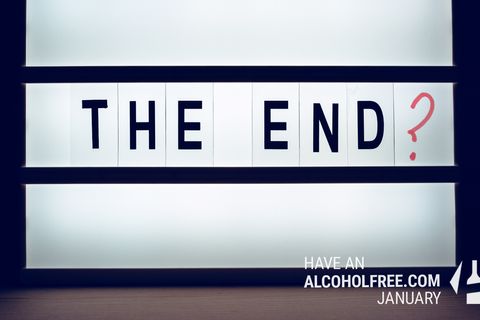
The True Challenge of Sobriety: Staying Sober and Finding Peace
January 25, 2023
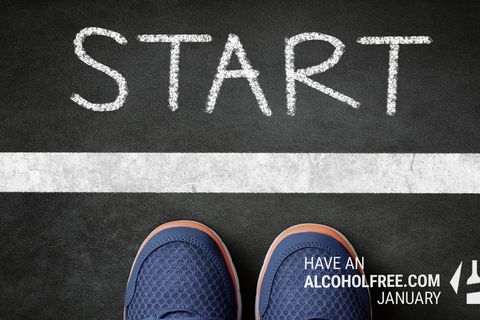
The Role of Spirituality and Faith in Recovery
January 17, 2023
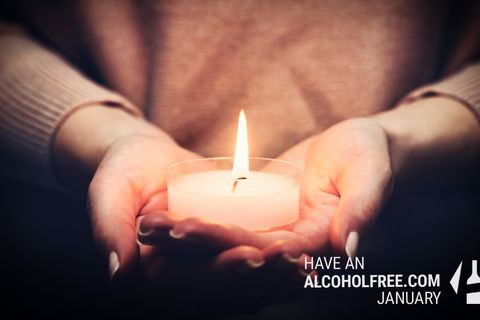
Is a person still an alcoholic even after they’ve stopped drinking?
March 11, 2017
